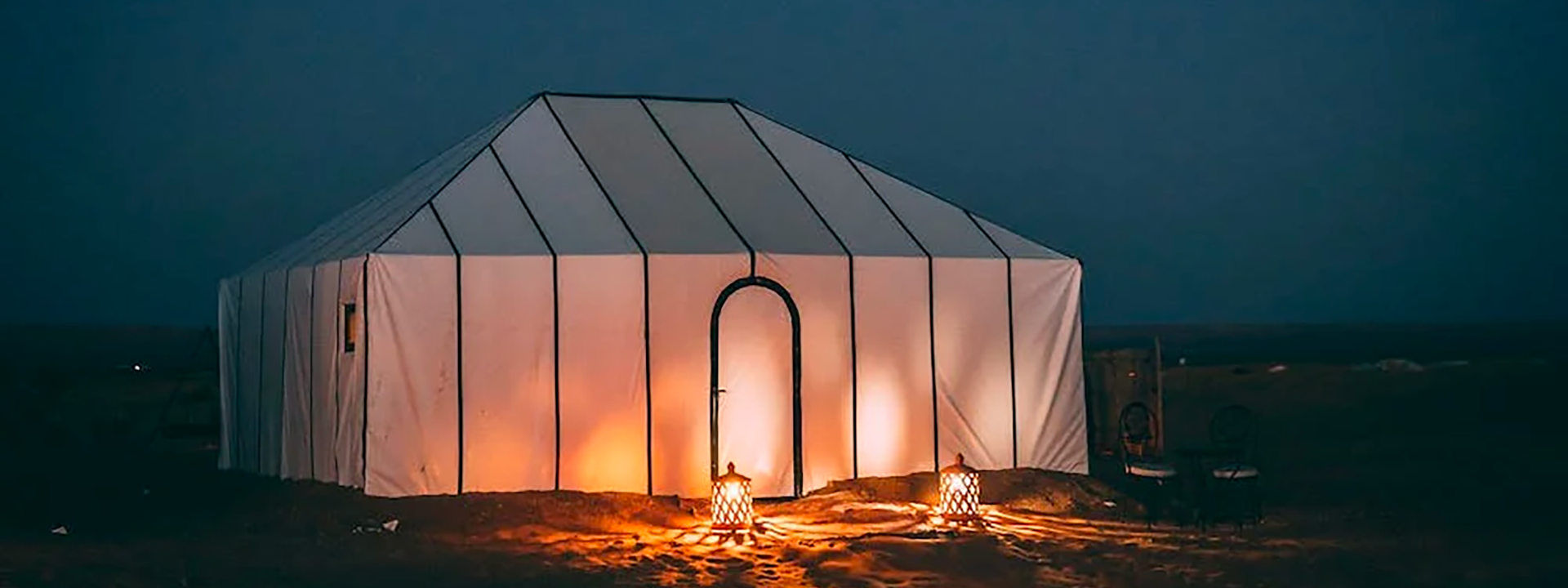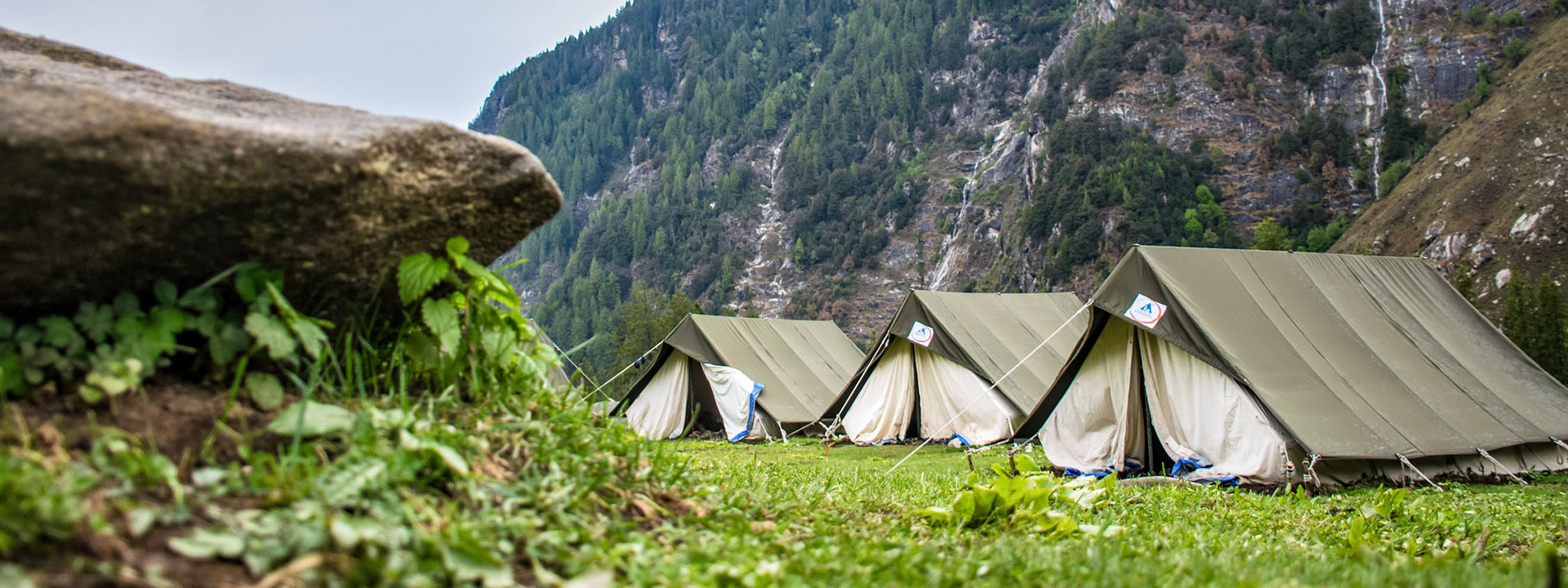Tent: Camping Gear Explained
Welcome, fellow adventurers! Today, we're going to delve into the world of tents, those trusty shelters that have protected us from the elements on countless camping trips. Whether you're a seasoned camper or a newbie, there's always something new to learn about these versatile structures.
From their humble beginnings as primitive dwellings to their modern incarnations as high-tech outdoor gear, tents have a rich history and a wide range of uses. So, grab your hiking boots and let's embark on a journey to discover everything there is to know about tents!
History of Tents
Let's start our journey by stepping back in time. Tents have been used by humans for thousands of years, serving as portable homes for nomadic tribes and providing shelter for explorers and adventurers. They've been used in warfare, for ceremonial purposes, and even as symbols of wealth and power.
From the simple animal skin structures used by our ancestors to the high-tech materials used in today's camping gear, the evolution of tents is a fascinating story of innovation and adaptation. So, let's dig a little deeper and uncover the history of this essential piece of camping gear.
Early Tents
The earliest known tents were used by nomadic tribes in the Middle East and Central Asia. These structures were made from animal skins and were designed to be easily dismantled and transported. They provided shelter from the harsh desert sun and the cold mountain winds, and were a vital part of these nomadic cultures.
As humans began to explore and settle new lands, tents became an essential tool for survival. They were used by explorers and settlers in the Americas, by miners during the gold rush, and by soldiers during countless wars. Despite their simple design, these early tents were a testament to human ingenuity and adaptability.
Modern Tents
Fast forward to the 20th century, and tents began to take on a new role. With the rise of recreational camping, tents became a popular choice for outdoor enthusiasts looking for a lightweight and portable shelter. This led to a boom in tent design and technology, with manufacturers experimenting with new materials and designs to improve comfort and durability.
Today, tents are more advanced than ever, with features like waterproof coatings, UV protection, and advanced ventilation systems. They come in all shapes and sizes, from compact bivy tents for solo hikers to large family tents with multiple rooms. Despite these advancements, the basic principle of the tent remains the same: to provide a safe and comfortable shelter in the great outdoors.
Types of Tents
Now that we've covered the history of tents, let's take a look at the different types of tents available today. From the classic A-frame to the spacious dome tent, there's a tent for every type of camper and every type of adventure.
Each type of tent has its own set of advantages and disadvantages, and choosing the right one can make all the difference on your camping trip. So, let's dive in and explore the wide world of tents!
A-Frame Tents

A-Frame tents, also known as ridge tents, are one of the most traditional types of tents. They have a simple design, with a central pole supporting a canvas that forms an 'A' shape. These tents are easy to set up and provide a decent amount of headroom, but they can be less stable in high winds.
Despite their simplicity, A-Frame tents have stood the test of time and remain a popular choice for campers. They're a great option for those who prefer a classic camping experience, and their straightforward design makes them a great choice for beginners.
Dome Tents

Dome tents are a more modern design, characterized by their curved shape and spacious interior. They're made from lightweight materials and are designed to be easy to set up, making them a popular choice for backpackers and family campers alike.
One of the main advantages of dome tents is their stability. The curved design helps to distribute wind and rain evenly, making them more resistant to harsh weather conditions. However, they can be less spacious than other types of tents, so they may not be the best choice for larger groups or longer trips.
Choosing the Right Tent
See a wide range of tents we sell - including 1-person, 2-person, 3-person tents, ultralight tents for backpacking, roof top tents for you overlanders and more - Gearlanders tent collection is here.
Now that we've covered the different types of tents, let's talk about how to choose the right one for your camping trip. There are several factors to consider, from the size and weight of the tent to the weather conditions you'll be facing. So, let's break it down and make the process a little easier!
Remember, the perfect tent for you depends on your personal needs and preferences. So, take your time, do your research, and don't be afraid to ask for advice. Happy camping!
Size and Weight
The size and weight of your tent are crucial factors to consider, especially if you'll be carrying it on your back. As a general rule, the more people the tent can accommodate, the heavier it will be. So, if you're planning a solo trip or a trip with just one other person, a two-person tent should be sufficient.
However, keep in mind that the stated capacity of a tent often doesn't take into account the need for storage space. If you're planning a longer trip or if you like to have a bit of extra space, you might want to consider getting a tent that's one size larger than what you think you'll need.
Weather Resistance
Another important factor to consider is the tent's resistance to weather. This includes its ability to withstand wind, rain, and snow, as well as its ventilation and insulation properties. A good tent should keep you dry in the rain, warm in the cold, and cool in the heat.
When considering a tent's weather resistance, look for features like a rainfly (a separate waterproof cover), sturdy poles, and a high-quality groundsheet. Additionally, consider the tent's shape and design, as some types are better suited to certain weather conditions than others.
Tent Maintenance and Care
Once you've chosen the perfect tent, it's important to take good care of it to ensure it lasts for many camping trips to come. Proper maintenance and care can extend the life of your tent and keep it in top condition. So, let's take a look at some tips and tricks for tent care!
Remember, a well-cared-for tent is a happy tent. So, take the time to clean, dry, and store your tent properly, and it will serve you well for years to come.
Cleaning Your Tent
After each camping trip, it's important to clean your tent to remove any dirt, sand, or other debris. This can be done with a mild soap and a soft brush or sponge. Avoid using harsh detergents or scrubbing too hard, as this can damage the tent's material and waterproof coating.
Once you've cleaned your tent, make sure to rinse it thoroughly and let it dry completely before packing it away. Storing a wet or damp tent can lead to mold and mildew, which can damage the tent and create an unpleasant smell.
Storing Your Tent
When it comes to storing your tent, there are a few key things to keep in mind. First, make sure the tent is completely dry before packing it away. This will prevent mold and mildew from forming and will keep your tent smelling fresh and clean.

Second, store your tent in a cool, dry place away from direct sunlight. UV rays can damage the tent's material and cause it to degrade over time. Finally, consider storing your tent loosely rather than compressed. This can help to prevent creases and wear and tear on the material.
And there you have it, fellow adventurers! A comprehensive guide to the wonderful world of tents. From their rich history to their modern uses, tents are a fascinating and essential part of camping gear. Whether you're a seasoned camper or a newbie, we hope this guide has given you a deeper appreciation for these versatile shelters.
So, the next time you're out in the great outdoors, take a moment to appreciate your trusty tent. After all, it's more than just a piece of gear - it's a home away from home, a shelter from the storm, and a gateway to countless adventures. Happy camping!


